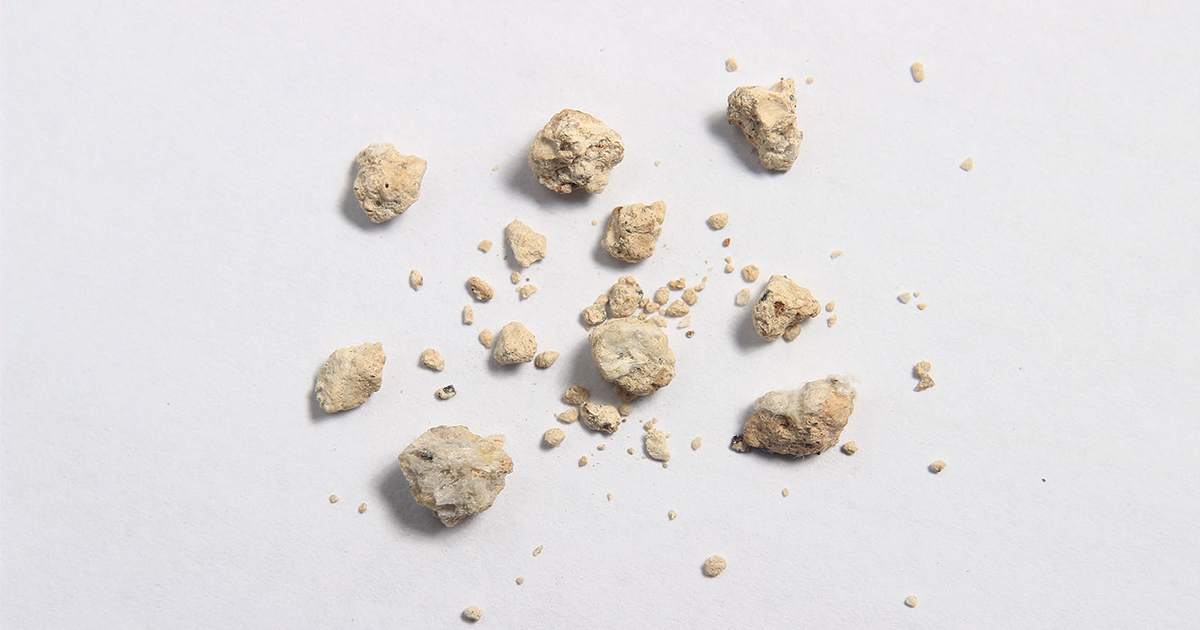From Tiny Crystals to Massive Stones: Science Behind Kidney Stone

If anyone recalls, a removal of the world’s largest and heaviest kidney stone was reported in June. When kidney stones are often the size of a small pebble, this world’s record has shown us the possibility that kidney stones can grow much bigger, even larger than the kidneys per se.
When calcium, oxalate, cystine, or uric acid are present in high levels in urine, they can form tiny crystals that gradually increase in size and form a kidney stone. Even if these substances are present within the normal ranges, concentrated urine also favors the formation of kidney stones. These stones do not necessarily cause any discomfort or damage. However, it can cause pain if the stones lodge and obstruct urine flow.
Management of kidney stones relies on various factors. If the stone is small enough to pass through, the pain is bearable, and the person is generally healthy, healthcare providers may likely advise treatment at home. But other medical care, such as invasive procedures, may be required when it comes to more severe conditions.
If one has had a kidney stone, there is a higher reoccurrence chance in the future. It will be helpful for prevention to analyze the composition of the passed stone(s) and take urine tests and other imaging tests to evaluate any underlying health condition that will raise the risk of stone formation.
Depending on the causes of stone formation, healthcare providers may suggest the following to lower the risk of reoccurrence.
1. Drink more fluids – Increasing fluid intake can enhance urine flow and decrease the concentration of the substances that encourage stone formation. Although a whole range of beverages is available, it appears that sugary drinks may raise the likelihood of developing kidney stones, which should therefore be avoided.
2. Changing diet – Depending on the type of stones, healthcare providers may advise individualized changes in diet. For example, people who get calcium oxalate stones may be advised to limit their intake of peanuts, chocolate, and sweet potatoes, which are some oxalate-rich food.
3. Taking preventive medication – Also, depending on the type of kidney stone, healthcare providers may prescribe medication that helps to prevent it from growing.
- * All research and clinical data should be used as reference purposes only, results may vary.




